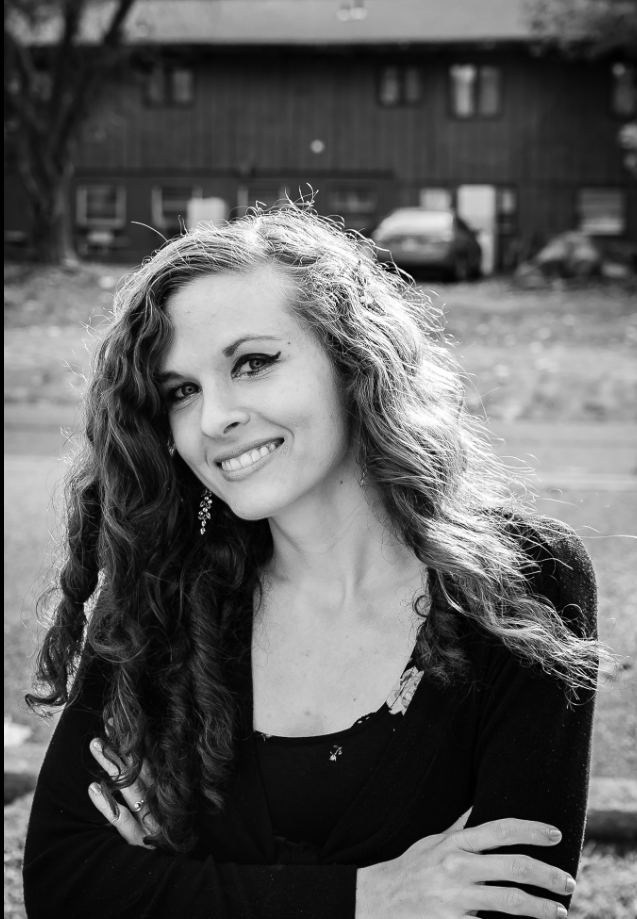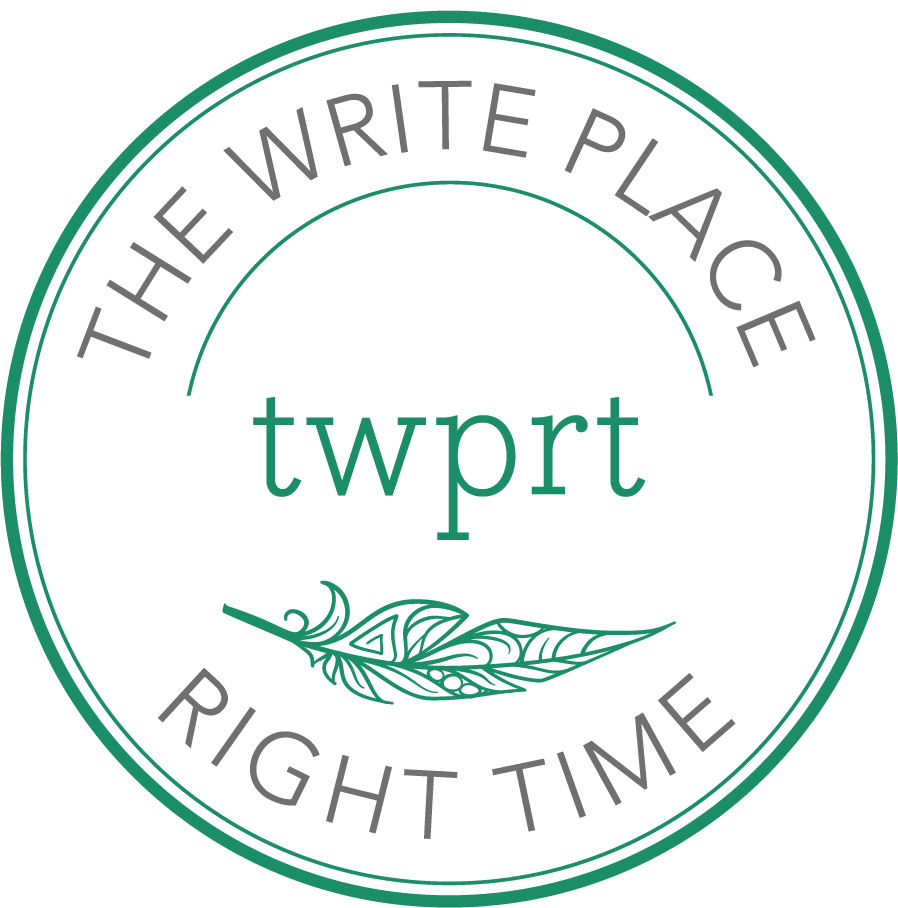This post is the first in our 2024 guest blog post series Bravely Write Your Book.
Learn from publishing professionals and authors how to bravely write your book.
Hello again everyone! Last month we focused on saying the difficult things with Lisa Hammett, and this month I have yet another individual from my inner circle here to share some insight. This month we’re shifting our focus over to constructive criticism. It’s not always the easiest thing to receive criticism, but one of the most important parts of being a writer is being able to use that criticism to make that work the best it can be. Thankfully, our guest this month is here with advice and encouragement, so you can bravely make the most out of constructive criticism.
Let me introduce this month’s guest contributor–Shaina Clingempeel.
Shaina is a meticulous book editor who loves helping people share their stories. She specializes in editing poetry and fiction but edits a wide range. As a poet with a writing MFA, she is especially dedicated and precise.
When you work with Shaina, you work with an editor who cares deeply about each project. She is a positive editor, focusing on the strengths of a work and how the rest can hold similar weight, and she always honors the writer's voice and vision.
When she's not editing, she's drinking too much coffee, working on her poetry chapbook, and exploring Philly. You can contact her via email or her site: www.shainaclingempeel.com
What advice would you give someone struggling with sharing their story?
I know how self-doubt can get in the way, but don't be afraid to experiment and tackle that technique or topic you're not sure you can do justice. We often surprise ourselves with what we can do. Whether an idea "works" or not, you're expanding your repertoire and honing your skills in the process.
Was there a time you struggled with sharing your story in your own writing? How did you overcome it?

At times, I have been advised to cut elements of a piece that I felt attached to. It's taken time to learn how to take a step back and view my own writing more objectively, to understand the importance of the audience, and to focus on what the piece truly needs while still prioritizing my voice and vision as a writer.
What did you wish you knew then that you do now?
I wish I had known both the importance of asking for feedback and not taking criticism so personally. Everyone has blind spots, and editors and fellow writers can give you immense insight into what's not working and why.
Also, your book might not be someone's cup of tea. Some comments might be off base; some might be spot on; and some might be partially true. Regardless, consider what you can learn from someone's advice, and use that to grow. But don't get discouraged, as no one can measure your worth. Just keep going.
If you could write a letter to your younger self about sharing your story, what would you tell them?
Be kind to yourself, and accept that it's a process. Your writing will change so much over time—and time is a vital part of your journey as a writer. It's better to be thorough and meticulous than to rush getting your work out there because of a self-imposed deadline. You have plenty of time.
What is the most valuable advice you’ve received as a writer about sharing your story?
In workshop, a professor used to tell us to focus on where the power lies in a poem and how the rest can hold similar weight. This advice helped me learn how to identify the emotional core of a piece and create more resonance in each poem. It also reminded me why I write, and it enabled me to build upon my strengths and not take my weaknesses personally, which motivated me to work on them and improve.
What is one piece of advice you can provide to help someone bring their book to the world?
Most likely, the process of writing, editing, publishing, etc. will take much longer than you think. Stick with it even when you feel unmotivated or are struggling, and don't compare your process to someone else's. It will never feel easy, but it will always be worth it to get your work out there.
Remember to stay tuned for next month, Jenn T. Grace, author and hybrid publisher will be here to discuss the bravery that comes with outing yourself.
While you wait for the next blog post in this series to drop, don’t forget about these two free and readily available resources.
- The 5-Step Writing Guide to Starting (and Finishing) Your Memoir. It’s time to light up your world and ours with your story.
- My 20-minute Story Stroll where you and I get to talk openly and honestly about the book you’re feeling tapped to write. Let me help you take the next best step on your journey.
